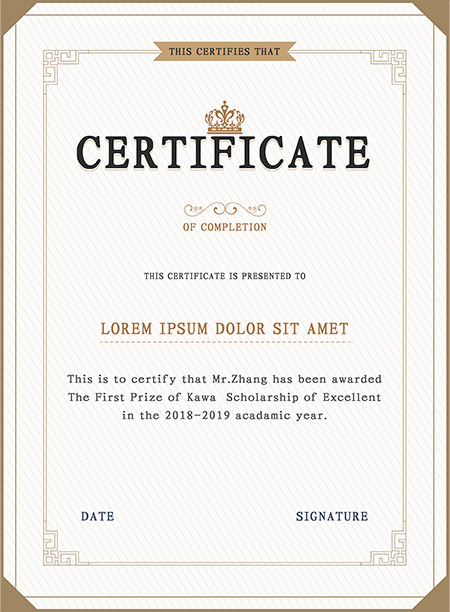hospital bed mattress to prevent pressure sores
The Importance of Hospital Bed Mattresses in Preventing Pressure Sores
Pressure sores, also known as bedsores or pressure ulcers, are a significant concern in healthcare settings, particularly for patients who are bedridden or have limited mobility. These sores develop when sustained pressure on the skin restricts blood flow to the area, leading to tissue damage. One of the most effective ways to prevent pressure sores is through the use of specialized hospital bed mattresses designed to provide adequate support and reduce pressure points.
Hospital bed mattresses are vital components of patient care, particularly in acute care, long-term care, and home healthcare settings. Traditional mattresses may not offer the necessary support and pressure redistribution critical for at-risk patients. Therefore, healthcare providers often opt for advanced mattress technologies that are specifically engineered to combat this issue.
One prominent type of mattress used in hospitals is the pressure-relieving mattress. These mattresses are designed with layers of foam or air that help to distribute body weight evenly. By redistributing pressure away from high-risk areas, such as the heels, sacral area, and elbows, these mattresses significantly reduce the likelihood of developing pressure sores. The ideal pressure-relieving mattress will also incorporate features that enhance comfort, allowing patients to maintain a good quality of life even while confined to bed.
hospital bed mattress to prevent pressure sores

Another innovative solution is the alternating pressure mattress. This type of mattress utilizes a pump to continuously inflate and deflate air chambers within the mattress, creating a dynamic surface that constantly changes pressure points during a patient's stay. This continuous movement keeps blood circulating and prevents any one area from experiencing prolonged pressure, thus greatly reducing the risk of ulcer development. Alternating pressure mattresses are especially beneficial for patients with limited mobility who are at high risk of developing bedsores.
Furthermore, moisture management is a critical factor in preventing pressure sores. Hospital bed mattresses are often designed with breathable materials that help wick away moisture from the skin, reducing the risk of skin breakdown. A mattress that keeps the skin dry can significantly enhance comfort and protect against the friction and shear forces that can contribute to ulcer formation.
In addition to using specialized mattresses, it's essential for healthcare providers to implement a comprehensive pressure ulcer prevention plan that includes regular skin assessments, repositioning patients every two hours, and providing nutritional support. When these strategies are combined with the use of advanced hospital bed mattresses, the efficacy of prevention efforts increases substantially.
In conclusion, investing in the right hospital bed mattress is a fundamental aspect of pressure sore prevention. The selection of a mattress that offers effective pressure redistribution, moisture management, and dynamic pressure relief can make a significant difference in patient outcomes. By prioritizing the comfort and safety of patients who are at risk of developing pressure sores, healthcare facilities can enhance the overall quality of care and promote a faster healing process. Addressing this issue not only improves patient comfort but also contributes to reducing healthcare costs associated with treating pressure ulcers, ultimately benefiting both patients and healthcare providers.
-
The Effect of Coconut Foam Mattress Breathability and Humidity Regulation on Improving Sleep QualityNewsJul.03,2025
-
How Wave Mattress Systems Improve Blood Circulation During ImmobilityNewsJul.03,2025
-
The Climate-Adaptive Sleep Revolution: Exploring the Benefits of Cooling Gel Memory Foam MattressesNewsJul.03,2025
-
Exploration of the Role of Coconut Foam Mattress in Preventing Bedsores in the ElderlyNewsJul.03,2025
-
Comparing Wave Mattress and Air Mattress: Which Is Better for Medical Use?NewsJul.03,2025
-
Analysis of Comfort and Environmental Performance of Natural Latex and Coconut Foam MattressNewsJul.03,2025
-
Multi-Layer Construction for Enhanced Performance in Gel Mattress PadNewsJun.24,2025

